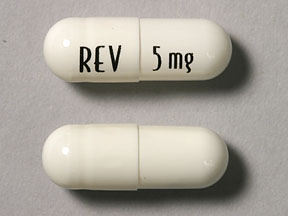
Recently Diagnosed or Relapsed? Stop Looking For a Miracle Cure, and Use Evidence-Based Therapies To Enhance Your Treatment and Prolong Your Remission
Multiple Myeloma an incurable disease, but I have spent the last 25 years in remission using a blend of conventional oncology and evidence-based nutrition, supplementation, and lifestyle therapies from peer-reviewed studies that your oncologist probably hasn't told you about.
Click the orange button to the right to learn more about what you can start doing today.
- You are here:
- Home »
- Blog »
- Multiple Myeloma »
- Myeloma Relapsed- IgG has doubled- What Combo Next?
Myeloma Relapsed- IgG has doubled- What Combo Next?
“My IgG has doubled as has my M-spike, which I expected. However, I am not not sure what drug combination to follow next in my effort to manage my myeloma.”
Hi David- I hope you are doing well. It has been some time since we last spoke. Believe it or not it has been a year since I was diagnosed with Multiple Myeloma and my MM relapsed.
- Myeloma Survivor
- MM Coach
- Director PeopleBeatingCancer
Recommended Reading:
- Cancer Coaching Testimonials- PeopleBeatingCancer
- Multiple Myeloma Diet- Before, During, After Therapy
- Dr. James Berenson-Myeloma Specialist
Efficacy of daratumumab‐based therapies in patients with relapsed, refractory multiple myeloma treated outside of clinical trials
“Despite the short follow‐up, our study shows that DCT provides good PFS and TTNT in heavily pretreated patients with MM who are refractory to multiple prior lines of therapy and largely ineligible for clinical trials.
The ORR and estimated PFS at 12 months observed in our heavily pretreated cohort of patients are much lower than those reported in CASTOR and POLLUX trials. With its approval for use in patients who are relapsed or refractory to at least 1 prior line of therapy, the patient population in whom daratumumab would be used would change.
However, until the time when the use of DCT earlier in the disease course becomes a routine practice, physicians are likely to encounter patients whose clinical characteristics resemble our patient group. In many parts of the world, daratumumab is still not available for use, and the physicians there would encounter patients similar to our cohort in the coming years as their practice patterns evolve.
Our results suggest that DCTs are effective salvage regimens and that their use earlier in the relapsed setting may improve clinical outcomes. The results of ongoing clinical trials that are evaluating efficacy of DCTs as primary therapies in treatment‐naïve patients may prove to be practice changing in MM.”


